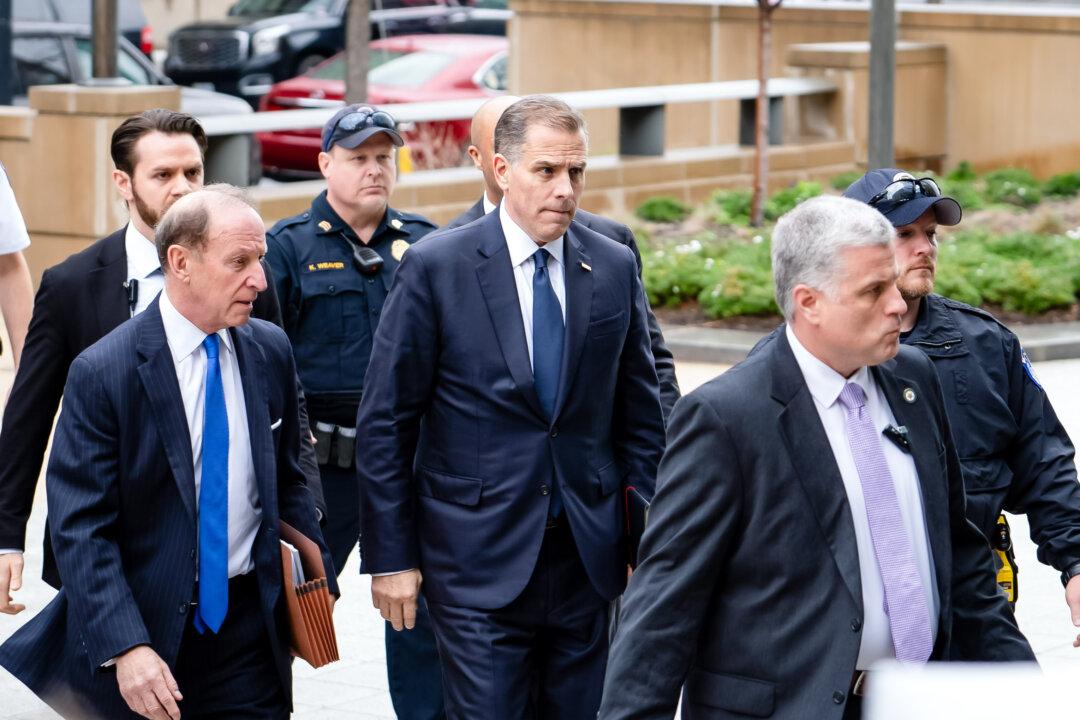Special counsel David Weiss on Friday opposed Hunter Biden’s attempt to halt district court proceedings concerning his gun charges, asserting that an appellate court lacks the jurisdiction to hear the appeal.
According to an April 17 status report and notice of interlocutory appeal, Mr. Biden intends to revisit his arguments with an appellate panel at the U.S. Court of Appeals for the Third Circuit and, therefore, asserts that the district court no longer has jurisdiction.





